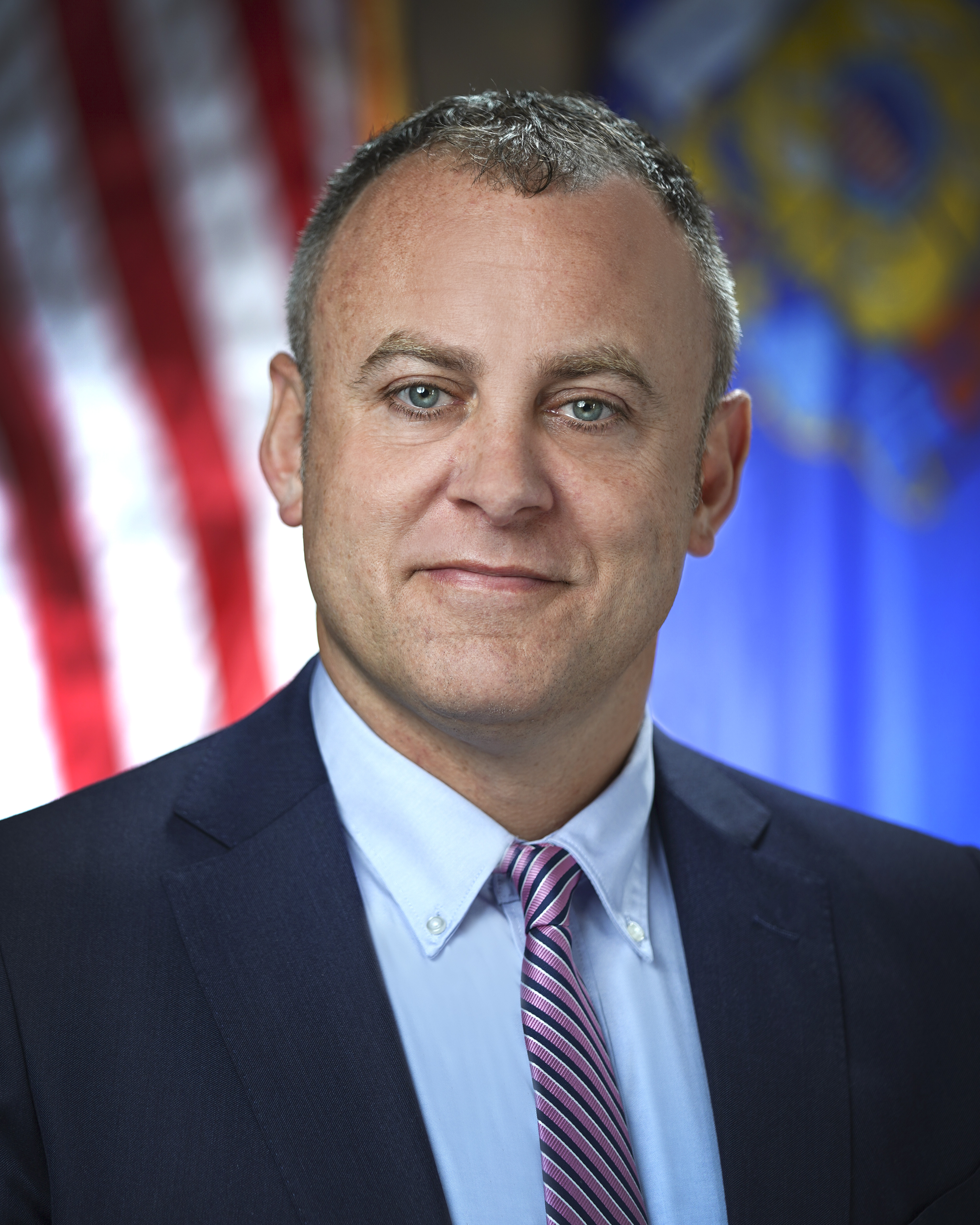Will Republicans Live up to Campaign Promises on Public Education?
Political promises may be broken on Thursday in the Joint Finance Committee
MADISON – Governor Tony Evers included in his biennial budget a $606 million increase in state funding for special education in Wisconsin. School administrators have made this a top priority in all corners of our state. Despite championing public education during the 2018 election, Republicans on the Joint Finance Committee have already signaled that they will not approve the Governor’s allotment for special education in the budget. Assembly Democratic Leader Gordon Hintz (D-Oshkosh) released the following statement, calling on Republicans to honor the pledges they made to voters:
“Throughout the entire campaign cycle in 2018 we heard Republican state assembly candidates voice their support for public education. Republicans across the state spoke about making education a priority and supporting public schools. Now, with Governor Evers proposing historic investments in K-12 public education, we will see whether Republicans are ready to live up to the promises they made to the people they serve.”
The governor’s budget provides a significant increase in funding for special education, ensuring state aid for the specialized services that students need and districts are required to provide by investing over $600 million in the biennium to reimburse 30 percent of special education costs in fiscal year 2019-20 and 60 percent in fiscal year 2020-21. An increase in special education funding is supported by 73% of Wisconsinites.
“At the end of the day this is about honesty and being accountable to the people who elect us. The vote in JFC on Thursday will be especially telling. Are Republicans willing to sell out their own local school districts and students who need additional support in order to block Governor Evers’ agenda?”
You can see a district-by-district breakdown of the Governor’s special education proposal in this interactive map. The map shows the cumulative increase in special education funding for the 2019-2020 and 2020-2021 fiscal years for each school district in Wisconsin.
NOTE: This press release was submitted to Urban Milwaukee and was not written by an Urban Milwaukee writer. While it is believed to be reliable, Urban Milwaukee does not guarantee its accuracy or completeness.






















